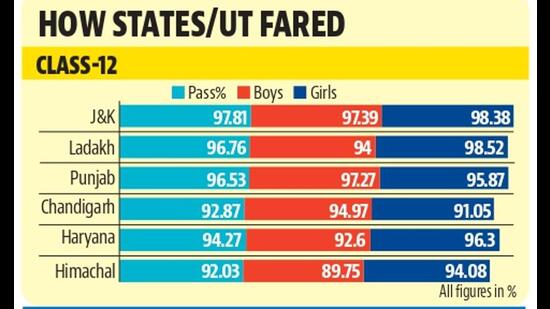


#Land rank venture towns zip
This is good news not just for entrepreneurs who may set up shop in these up-and-coming cities, but also for those looking to relocate away from pricey ZIP codes. Cincinnati, Ohio, for example, has found success in its incubators focused on empowering minority small business owners. Local government funding can also encourage a diverse set of business owners to open shop. "They don't want to get boxed in with one industry, but rather attract a wide variety of small businesses," she said. "That goes to show the local governments in these cities are invested in startup funding and are looking to boost the popularity of these cities as start-up hubs. "The cities did not have a concentration of one particular industry, but rather all have a variety of different types of start-ups," Priyanka Prakash, senior staff writer at Fundera, told CNBC Make It. Meanwhile, industrial and energy start-ups are prominent in Scottsdale and Chandler, Arizona. Health-care start-ups are big in Durham, North Carolina, thanks to being part of the Research Triangle anchored by North Carolina State University, Duke University and University of North Carolina at Chapel Hill. 1-ranked Madison has seen significant start-up activity around mobile and telecommunications companies. The report found that it's not just tech start-ups seeing a boost across the country.įor example, No. (A living wage refers to the hourly rate that would allow residents to live comfortably in a city, based on typical expenses.) Finally, the report used PwC data to factor in the number of venture capital deals that took place in a city from 2016 to 2019. The analysis also considered the average rent on office space, year-over-year rent growth, median household income and living wage. To create its ranking, Fundera gave the most weight to the city's population with a bachelor's degree or higher, according to the U.S. Millennials especially are now fleeing big cities for greener, and more affordable, pastures. A 2018 Gallup poll found a greater share of Americans would prefer to live in a small city or a suburb, over a big city. Even smaller start-up scenes that have cropped up in response, like Austin, Texas, have seen real-estate prices skyrocket thanks to an influx of newcomers.Īs a result, workers are moving beyond city limits. While San Francisco and New York receive nearly half of all venture capital investment in the country, a high cost of living makes it hard for entrepreneurs to start businesses there, and workers can be stretched thin even on six-figure salaries. There's reason for founders to look to smaller cities for their latest ventures.

Paul, Minnesota, rounded out the top three.


 0 kommentar(er)
0 kommentar(er)
